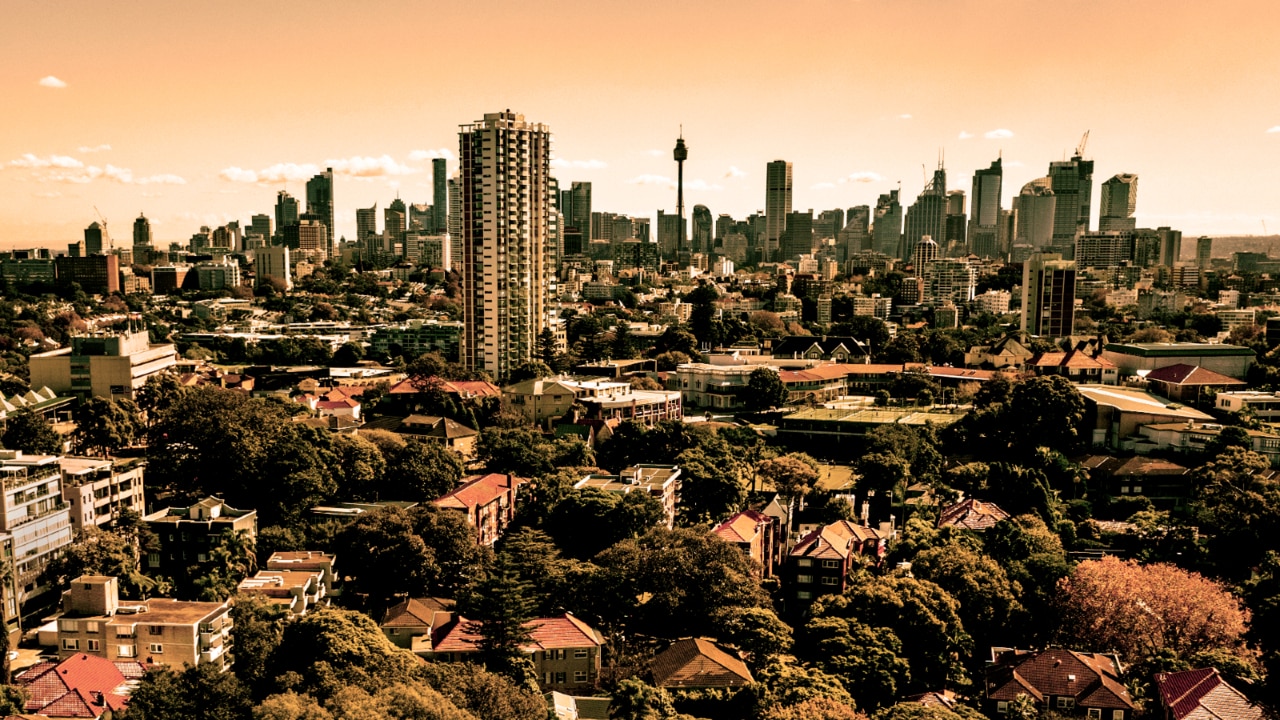Queensland weather: Birdsville records hottest night on record, Brisbane set for 37C weekend
South East Queensland is set to swelter through near-40C temperatures over the next 48 hours after the state’s second hottest day – and hottest night ever.

Queensland has recorded its second highest temperature ahead of more sweltering heat and severe thunderstorms this weekend.
Bureau of Meteorology forecaster Miriam Bradbury said Birdsville reached 49.4C on Thursday, just falling short of the record 49.5C maximum recorded in1972.
Birdsville also recorded an overnight minimum of 36.4C, a record for the warmest minimum, and is expected to climb to 47C today.
Heatwave conditions will persist over the next 48 hours across southern and South East Queensland, with Brisbane to hit 33C today before climbing to 37C on Saturday.

It will get to 38C in Ipswich tomorrow, while Goondiwindi will sit on or above 40C for the next three days.
“Reflecting that same pattern today, the heatwave conditions are going to be greatest across that sort of southwest and inland part of the state,” Ms Bradbury said.
“The south east close to Brisbane certainly will be warm and we’ve got the low intensity heatwaves ongoing there … but those really, really high temperatures will come inland on the western side of the ranges.”
Ms Bradbury said there was the risk of severe thunderstorms across the southeast this weekend.
“It’s going to be more your classic, summer afternoon thunderstorms, really hot in the afternoon,” she said.
“We will see a few clouds starting to build through the day.
“And when they sort of reached their peak mid afternoon, late afternoon going into the evening, and sometimes we get the severe thunderstorm warnings.
“We could see them becoming severe thunderstorms so we may have thunderstorm warnings issued for rain and all winds.
“Needless to say it will be a hot and stormy weekend for the southeast.”

Ms Bradbury said the hot weather was being caused by the heat that came from Western Australia.
“We had a really stagnant weather system. So what I mean is that it wasn’t really moving anywhere. It was allowing that heat to build day after day, so every day the sun came out. It got a little bit hotter than it was the day before,” she said.
“And what we’ve seen over the last week is slow moving weather systems kind of pushing that heat eastwards first through South Australia and then into the eastern states.
“So essentially, it originated in Western Australia, and it’s just been building for days and days, if not weeks.”



